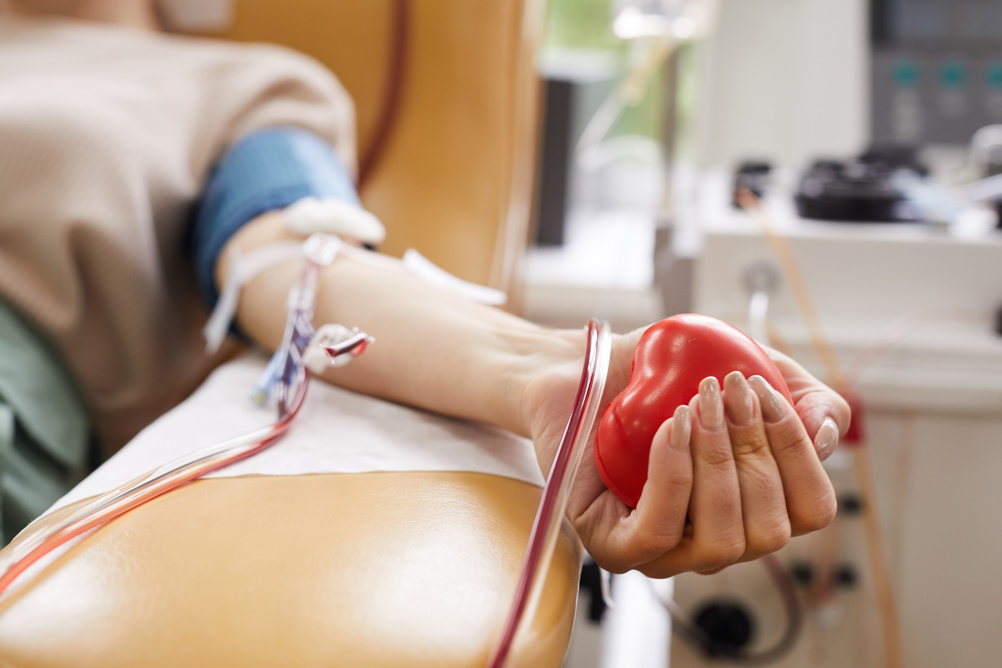
A new drive to discover undiagnosed patients from the NHS infected blood scandal has been launched. A public Inquiry into the scandal had recommended that people who may be unaware they were victims of the incident should be discovered as soon as possible, and to this end general practices will offer newly registered patients, born on or before 31 December 1995, a questionnaire. This will determine if they had previously received any blood transfusions which might have been contaminated with hepatitis C. If at risk, they offered an at-home test to the liver disease.
- Infected blood: the worst scandal in NHS history
- NHS England head offers ‘heartfelt’ apology for victims of infected blood scandal
- Hope of closure for victims of contaminated blood scandal as inquiry prepares to publish final report
‘The NHS is dedicated to implementing the Inquiry’s recommendations and this simple change to the GP registration process for patients is a vital step forward in ensuring that nobody affected by contaminated blood is living undiagnosed and unsupported,’ said Professor Sir Stephen Powis, NHS National Medical Director. ‘By routinely checking their risk when anyone signs up to a new GP and offering fast Hep C tests where necessary, we will ensure any undiagnosed cases can be found and treated as quickly as possible, while enabling thousands more to receive the reassurance of a negative test.’
The Infected Blood Inquiry, chaired by Sir Brian Langstaff, explored how patients received infected blood plasma transfusions, which resulted in more than 3,000 deaths. Its report was published in May 2024 which detailed evidence about the incident, recommended that compensation be paid to victims and their families, as well as the new drive to diagnose as many people as possible. With a timely diagnosis, hepatitis C can be treated with anti-viral tablets over a course of a few weeks, meaning early diagnosis is crucial for recovery.
‘A more pro-active approach is critical to reaching and diagnosing those who remain unaware of their infection. Thanks to the brilliant advancements in treatment, hepatitis C can be quickly cured through a short course of tablets,’ said Rachel Halford, Chief Executive of the Hepatitis C Trust. ‘We strongly encourage anyone who had a blood transfusion before 1996 to get tested – they can order a test through the online NHS portal, and if they have any worries or concerns before or after a test, to contact our helpline.’
